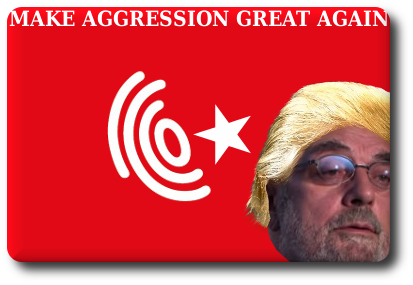

Friends and relatives who are not in the technology industry always ask me if I’ve ever gotten a patent. For them, a patent has this sheen of accomplishment. They believe it means you invented something, that you are an innovator, that you’ve done something no one has done before. I give a little chuckle, tell them that yes, I have a few patents (I actually have 90 issued U.S. patents), but that it’s not really a big deal, and thank you for asking. In reality, I’m being polite. I don’t want to burst their bubble, nor do I want to launch into a long tirade. Because, the reality is, that patentsââ¬Å —ââ¬Å and in particularââ¬Å —ââ¬Å software patentsââ¬Å —ââ¬Å are a plague upon the industry. They hamper innovation. They cost companies millions and millions of dollars in frivolous law suits. They waste time and energy from people who just want to build products. They are anathema to the Internet. Software patents are harmful.
Software patents have three key characteristics which have resulted in their harmfulness. They are vague in terms of what is actually invented. They can be passed along as property. You can sue for infringement without making the product to which the patent applies. Lets cover each in turn.
RESOLUTION
SUEPO members in Munich, gathered in a General Assembly, note that: - The President, Mr Campinos has decided to face Elizabeth Hardon, former Chairman of SUEPO Munich and Chair of the Local Staff Committee Munich, with a new disciplinary committee instigated by the same old Administration which is still in place, and apparently with the same old charges. - The Tribunal has already castigated the Administration's behaviour in the cases of Ion Brumme (Judgment 4043) and Malika Weaver (Judgment 4042). - The President did not take into account the instructions contained in the Resolution CA/26/16 dated 16 March 2016 to inform the Administrative Council of any new disciplinary proceedings concerning a staff representative and to consider the possibility of involvement of an external reviewer for arbitration or mediation.
Further noting that: - Laurent Prunier, as Secretary of SUEPO The Hague and member of the Central Staff Committee, was dismissed for extraneous motives, similarly to Elizabeth, Malika and Ion. - Staff representatives face difficulties accommodating their workload in the Appeals Committee with the workload in their other duties, mostly patent examination. Judgments 3971 and 4050 made public these difficulties, resulting in disciplinary measures against Aurélien Pétiaud and Michael Lund, which the Tribunal considered "within the range of acceptability" or "not to be disproportionate". It is now absolutely clear that those disciplinary measures were politically motivated as part of an intimidation campaign against staff representatives.
Expresses its disappointment about the continuation of the attacks initiated by former President, Mr Battistelli. Expresses its deep concern that the President's decision will prevent the restoration of social dialogue and further damage the reputation of the Office.
Urges the President: - to drop the charges raised against Elizabeth Hardon, - to reinstate Laurent Prunier in full, - to provide reparation of the torts inflicted on Aurélien Pétiaud and Michael Lund
Munich, Tuesday 20 November
Pressure is increasing on Campinos. The situation at EPO remains utterly negative: Campinos, who was said to be nominated by the Administrative Council because of his alleged proven record of good performance in the field of social partnership at Alicante, has done absolutely nothing concrete since his arrival last July, to redress the situation of the abusively sanctioned staff representatives all union officials (e.g. whilst solving the pending cases and redressing the past ones).
In reality he is protecting Elodie Bergot who as principal director HR at EPO is personally responsible for the social mess of the past five years. Bergot was behind the abusive sanctioning of all staff representatives and SUEPO officials and will do her best to torpedo "amicable settlements" she hates more than anything else.
Campinos is thus not acting bona fide when he on the one hand, claims to EPO staff he wishes to foster "amicable settlements" over litigations, but on the other hand since months, does nothing concretely to find solutions to the few pending cases of abusive sanctions which destroyed the life of those impacted.
The next step should thus be to involve the Administrative Council and the EU Institutions in Brussels to inform them that nothing has changed at the EPO and how within a few months, Mr Campinos seems to develop into a "mini Battistelli", apparently happy to finish the work of his mentor.
Campinos' lack of action is not going to improve the deteriorated reputation of the EPO as an employer as long as Rule of Law and the respect for the Duty of Care owed to all EPO staff are not re-established and seen to be re-established.